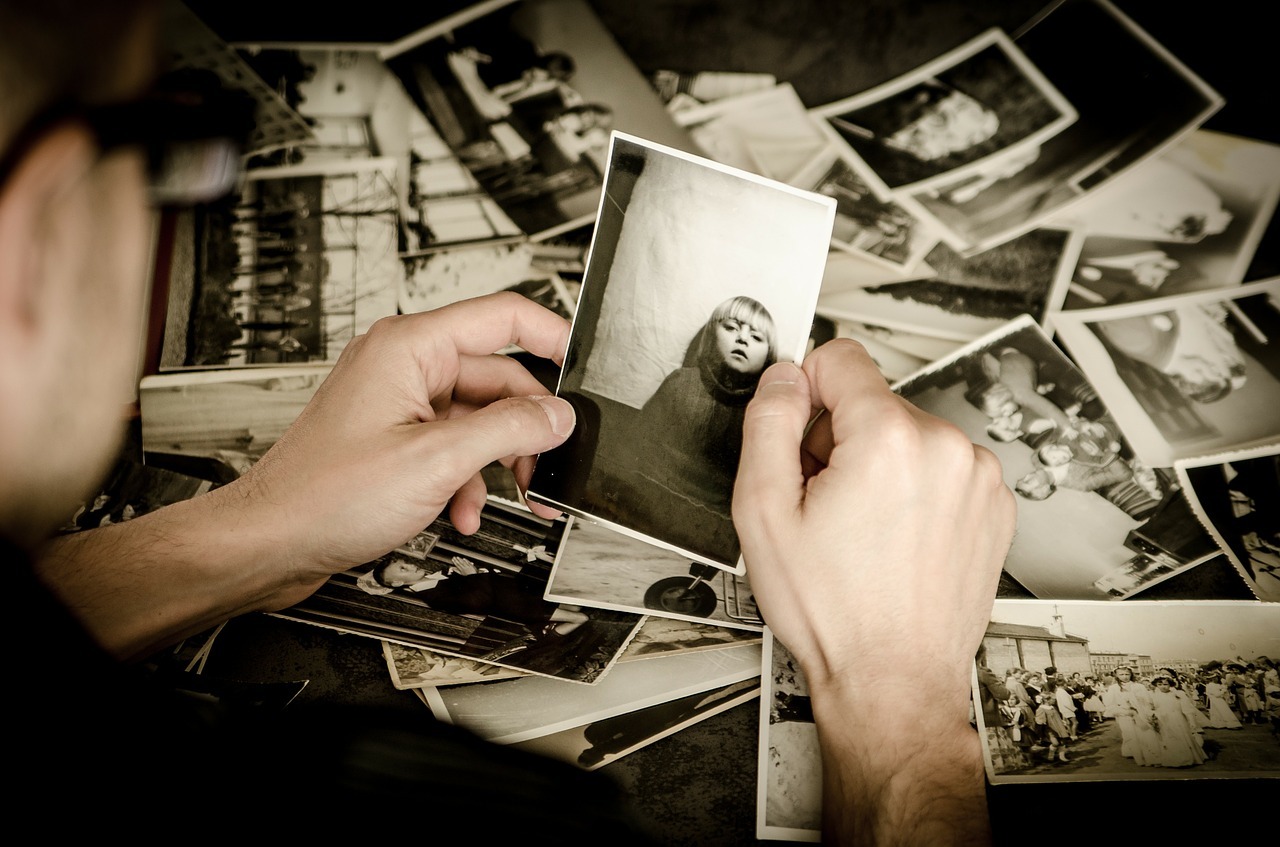Sorrow is not an affliction.
Recently, my dad was diagnosed with a rare form of cancer. Now I am noticing a habit of wanting to insert the whole story, ending it with: “But everything will be fine.” I refrain, however, because the grief of this news actually invited in my own awareness and a deeper significance.
I looked up the definitions of “sorrow” and “grief,” and they are almost identical, so I’ve come to incorporate both to mean “a feeling of deep distress or keen mental suffering over affliction or loss.”
Most of us have the underlying belief (one we aren’t even aware of) that grief is wrong. This is because it signifies loss, which signifies an assumption that we are less than we were before. Maybe we have even a hazy sense that in this loss that we are a failure.
But while sorrow highlights our vulnerabilities, it also highlights our strengths and allows for profound expansion in our lives.
Grief seems to be highly contagious. We often avoid those who grieve, or if we’re polite, we mumble our cursory remarks like, “It’ll be okay.” But if the person experiencing grief comes too close to opening up our deep well of sorrow, we evade at all costs.
Maybe this is a deeply subconscious reason our culture puts the elderly in nursing homes and the mentally ill in institutions—to avoid seeing the harbingers of sorrow in our society. We are all just a few degrees removed from such sorrowful, lonely lives, and we don’t want any reminders of what could be for ourselves.
Why is that? Why is everyone, including myself, so quick to turn sorrow away? Why do we teach this to our coming generations by exhibiting this habitual example? Why can we all viscerally connect to sorrow so quickly and torrentially, yet struggle to avoid feeling the resulting uncontrollable sensations?
Perhaps it’s just that—grief is uncontrollable. Like a deluge, a flood, it’s a true force of nature. We feel so deeply because profound sorrow is already an aspect of ourselves, even if we are taught to reject it. It’s far too easy to connect with sorrow. However, reflecting back to the most profound moments of wholeness in my life, they have often been in the presence of this grief.
When we dismiss sadness within ourselves out of habit or fear of a loss of control, we miss out on realigning toward health, wholeness, and the expansion of our hearts.
How may we connect to true joy without opening up to the experience of its counterpoint—true grief? These feelings are gifted to us in the experience of being human. We house the potential for profound joy and sorrow; they are simply different ends of the same spectrum.
Pema Chodron writes:
“We think that the point is to pass the test or overcome the problem, but the truth is that things don’t really get solved. They come together, and they fall apart. Then they come together again and fall apart again. It’s just like that. The healing comes from letting there be room for all of this to happen: room for grief, for relief, for misery, for joy.”
We are at the stage of my dad’s cancer when everything is confusing and overwhelming as we gather information about how to proceed. There are all these words being catapulted at us like “treatable,” “feeding tube,” “standard procedure,” and “aggressive.” It’s disheartening to find in the midst of a such a crisis that he may not be viewed as an individual but as just another “case.”
This morning I woke up with a searing headache that was deeply affecting the rest of my body, and there was literally nothing else I could do but lie down and cover my head. As a yoga therapist, I practice what I preach and proceeded to scan my body for tension and anchor in my breath. All of the sudden, out of nowhere, I broke down sobbing. I finally gave in to my grief over my dad’s cancer, which I had yet to process, but my body still knew.
I allowed the waves to crash over me as I let go. I felt the uncontainable sensation of pulsing in my heart, a searing heat welling up into my throat like a volcano and burst out through my eyes as tears. I let my whole body be overtaken by this sorrow and spiraled into it, letting go the cerebral logic of “it’s okay,” and moving into deep sensation and feeling. Soon, the storm had run its course, and in its wake, I felt that sparkling, cleansing tingle that comes after.
My headache was completely gone, and my whole body, as well as my mind, sunk into a place of deep rest.
I know how blessed I am to have an amazing dad. In allowing the torrent of grief, I see I am not fearful that he will die. This is about loss. It is about the profound loss of my childhood view of an invincible dad. It is about the feeling of groundlessness I experience when I think about life without him—my strong, generous, courageous dad. But just because he is coming to a place of precarious physical health does not mean he has lost any of those things. He is moving into a new phase of life, and as a result, I also move into a new phase of my own life.
I realize I can only be present in my new chapter if I have properly grieved the loss of what I once identified as “me.”
We constantly experience many small endings: the end of a good book, the end of a perfect summer day, a friend moving away, or our childhood home being sold. Grief may be too strong a word for these things, but I think not. It may result in a pang of nostalgia in the heart or a single tear slipping down the cheek, but these feelings are legitimate and all about dissolution and loss.
We can acknowledge and honor them, find gratitude that the endings signify completion, and make space for the beginnings. It is not about being melodramatic. It is about acceptance of the human experience and what it feels like to live in this body, in this moment. It is about balance. It is about presence.
Grief can be hauntingly beautiful if one is willing to experience it. It opens us up to a deeper aspect of our own humanity and allows for a more profound interconnectedness. In the body, it brings a deep longing in the heart welling up in the throat allowing cleansing tears.
What can we do for others who are experiencing sorrow?
We can be courageous enough to connect with our own grief and offer them the gift of truly seeing them. A squeeze on the arm, a hug without words, a deep gaze into their eyes. I realize, even in sorrow, I sometimes steal that moment of profound connection by not letting someone see my own vulnerabilities. Maybe next time we go to the knee-jerk reaction of “it will all be fine,” whether we say it about ourselves or to another, we can take a breath and ask what we’re avoiding and what we’re missing out on.
Maybe it’s time to bring awareness to all the ways in which we treat sorrow as a disease and instead transform our perception, viewing it as a path towards healing.
~
~
~
Image: Pixabay
Editor: Danielle Beutell
Copy editor: Yoli Ramazzina
Social editor: Yoli Ramazzina









Read 1 comment and reply